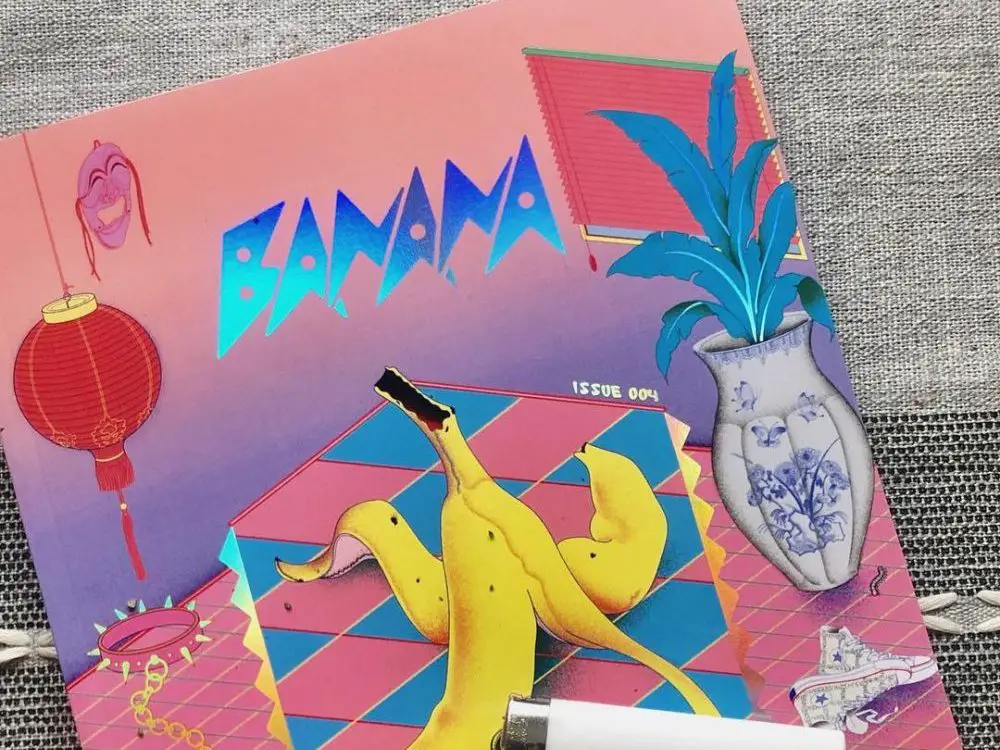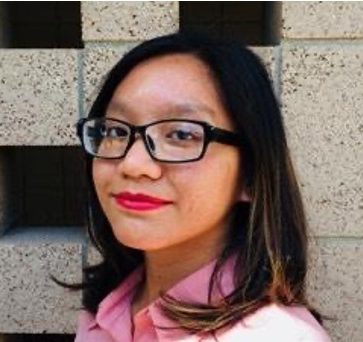It’s the month of May. Do you know what that means? It’s Asian American and Pacific Islander Heritage Month! The school year is winding down as students stay at home. Stress is at an all-time high because of schoolwork, COVID-19 and the future.
And yet, I hope that everyone stays strong, especially the Asian and Asian American community. Without further ado, here are some introductions to five amazing Asian American magazines to celebrate this month.
1. Asian American Feminist Collective
The Asian American Feminist Collective is a New York-based nonprofit organization centered on intersectionality. Their homepage starts with a strong statement: “Asian/American feminism is an ever-evolving practice that seeks to address the multi-dimensional ways Asian/American people confront systems of power at the intersections of race, gender, class, sexuality, religion, disability, migration history and citizenship and immigration status.”
Sound familiar? In a previous article, I wrote about their third magazine “Feminist Antibodies” and their mission to gather the community in solidarity during the pandemic.
Besides their magazines, they also have a list of resources for COVID-19 as well as a bookshelf of readings relevant to the Asian American feminist movement.
As a second-generation Asian American, I found the personal essays on their site to be the most compelling, especially one story called “The First Time I Said No to My Parents.” The author describes their frustration as a child born into a family that holds Confucian values. I relate to that — to the difficulty of having freedom in a culture that demands obedience.
Perhaps what I am most thankful for is the Asian American Feminist Collective’s mission to carve out a space for Asian American feminism rather than aiming for inclusion in mainstream feminism.
2. Banana Magazine
Why a banana, you might ask. A banana is yellow on the outside but white on the inside. It’s a racial slur used against those of Asian descent who seem to be whitewashed. In other words, they’re not Asian enough.
However, Banana Magazine’s name was chosen as a way to reclaim the Asian American mixed identity. Rather than an insult, it’s a celebration of our differences and the cultures we come from.
“Whether it is rediscovering your grandma’s herbal soup recipes, exploring current Asian beauty culture through an editorial, or commissioning original artwork to represent the dichotomy that can exist between two cultures, our content aims to cover all things AZN.”
Banana Magazine has five issues released with the sixth one in the process. They cover fascinating stories such as Taipei’s drag scene, Asian American identity through various perspectives from the gender identity spectrum and stunning photo stories.
Can’t purchase an issue? That’s totally fine. Banana Magazine offers select stories on their blog as well.
One of my favorite articles is “Hot Pot, Three Ways,” in which the authors delve into hot pot culture in East Asia. Tyna Hoang, one of the authors, shares three different recipes, which I would love to try out when the weather gets cold again.
But what I love the most about Banana Magazine is their Q&AZN series in which the magazine spotlights an Asian American creator and/or entrepreneur. Don’t you love discovering someone new? I do.
3. Buah Zine
Buah is a magazine dedicated to Indonesian heritage. In January 2018, Teta Alim started the publication to create a community for the Indonesian diaspora. Alim herself was born in Jakarta, Indonesia, and grew up in upstate New York.
Struggling to confront or accept one’s Indonesian heritage? Buah is here for you.
In an interview with SHEER magazine, Alim talks about how Buah came into existence. “So, because I didn’t have that Indonesian community through some critical growing years — high school, especially — I started to feel like hey, I wish I did have this community, and I wonder if anyone else feels the same isolation that I do.” And thus, the magazine was born.
While it’s easy to group people under the broad term Asian American, we are, in fact, all quite different. Buah acknowledges this by giving a platform to those of Indonesian heritage.
The magazine covers many things including religious identity, ethnicity and LGBTQ+ issues. It’s an open space for everyone. Furthermore, Buah regularly connects with the community through interviews.
Not only does Buah offer shared experiences through stories and photos, but the magazine also encourages submissions as well. Everyone has a story to share and Buah knows this too.
4. Mochi Magazine
Mochi? You heard right. Mochi Magazine was named after the Asian dessert “mochi.” It’s chewy and delightful in bringing Asian culture together, which is something the magazine strives to accomplish every day — uplifting Asian American women’s narratives on their platform.
Founded in 2008 by Maggie Hsu, Stephanie Wu and Sandra Sohn, Mochi was created to acknowledge the challenges of growing up as an Asian American woman. “The inspiration behind Mochi was to provide for Asian American teenage girls to access sisterly advice and gain self-esteem.”
Going through puberty is hard enough, but racial and ethnic identities add another layer of stress. And beauty standards? That’s just daunting. But don’t worry; Mochi is here to help.
Mochi covers various lifestyle topics such as career, college, health and politics. My favorite article so far is “Editor’s Letter: Solidarity,” which was written by Mochi’s editor in chief, Jennifer Dunn Fultz. In her letter, Fultz discusses COVID-19 and its effect on Asian American communities. Despite the grim situation, Fultz sees the solidarity that holds the communities together. “I’ve never been more honored just to be Asian American,” she finishes.
Hold your head up high, her words seem to say. Because being Asian American is something to be proud of.
5. Slant’d
Cheeky. Fearless. Weird. That’s what Slant’d is all about.
“Slant’d is our activism: we are a collective built from the ground up by Asian Americans, for Asian Americans, rooted in the causes and values that matter to us, and fueled by creativity in every form,” Slant’d says.
In an interview with CBS News, founders Katerina Jeng and Krystie Yen talk about the naming of their magazine. They took inspiration from The Slants — an Asian American band that won a Supreme Court ruling against the U.S. Patent and Trademark Office on the naming of their band.
Why the fuss over the word “slant”? Simon Tam from The Slants said, “The word ‘slant’ is used to refer to perspective or an angle … When Asian Americans use the term, people begin raising eyebrows. That in of itself is problematic … reclaiming language shifts power dynamics.”
Just like how the LGBTQ community reclaimed the word “queer,” the magazine started using #badasians to challenge stereotypes such as the Model Minority.
In addition to social media activism, Slant’d is an Asian American magazine that publishes an annual anthology on the multicultural and diverse perspectives from within the community. They have published three issues so far: Beginnings, Light & Dark and Taboo.
Want to contribute to the Asian American narrative? Slant’d welcomes submissions with open arms.
Through their advocay for Asian Americans, these five magazines teach us how to love and accept our identities. Be proud of who you are. It may be hard some days, but we can get through this — together.
CORRECTION: Slant’d founder Katerina Jeng’s name was originally spelled Katerina Jing. We apologize for the error.

















